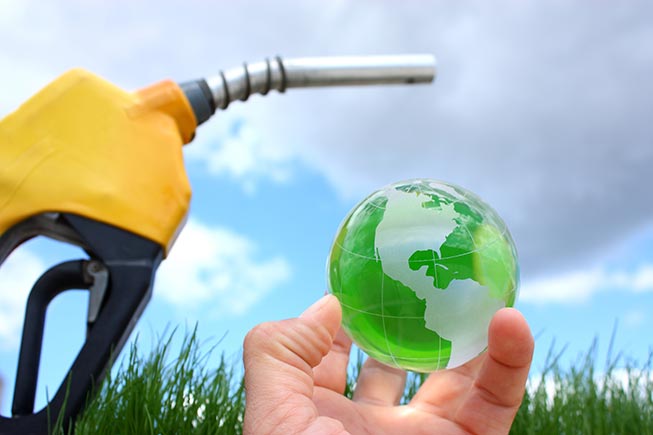



Biofuels use in Australia makes up a small percentage of the entire fuel pool due to the lack of a subsidy, tax credit, or compulsory consumption. According to a research from the US Department of Agriculture’s Foreign Agricultural Service, new fuel rules beginning in 2022 could considerably boost the ethanol blend rate (FAS). According to FAS, ethanol will make up only 1.1 percent of the gasoline pool in 2021, and biodiesel will make up only 0.1 percent of the diesel pool. Australia has abundant feedstock for both renewable fuels and biofuels, but only a small portion is utilised for biofuel production.
In the last ten years, no additional ethanol projects have been developed, and capacity has remained unchanged. The shutdown of various biodiesel facilities in the early to mid-2010s, as well as import restrictions, caused a moderate national average blend rate to drop, according to FAS. Beginning January 1, 2022, a revised fuel standard cuts the maximum aromatics level in gasoline pools from 42 percent to 35 percent. According to FAS, if implemented, this could result in a large increase in ethanol use. “Industry anticipates ethanol to be the dominant substitute for aromatics, comparable to other parts of the world,” FAS stated. “Australia will need to roughly quadruple its present bioethanol use in gasoline blends.” “Imports or higher domestic production could be the source of this.”
Because lowering the aromatic content of fuel lowers the octane level, a substitute is needed to keep the required values. Ethanol is a highly effective octane booster that is commonly utilised in Europe and the United States. In addition to the 180 ML already spent, an additional 370 ML of ethanol would be required to achieve the new threshold.
Biodiesel and bioethanol are the two main types of biofuel currently produced in Australia, and they are used to replace diesel and gasoline, respectively. Australia is a tiny producer of biofuels, accounting for 0.2 per cent of global bioethanol and 0.1 per cent of global biodiesel output in 2017. Biofuels made up only 0.5 per cent of Australia’s total liquid and gaseous transport fuel energy mix in 2016-17. The total commercial biofuel production for 2018 is expected to be 290 million litres (ML), with 250 million litres (ML) of ethanol and 40 million litres (ML) of biodiesel.
Article by: Hari Yellina (Orchard Tech)